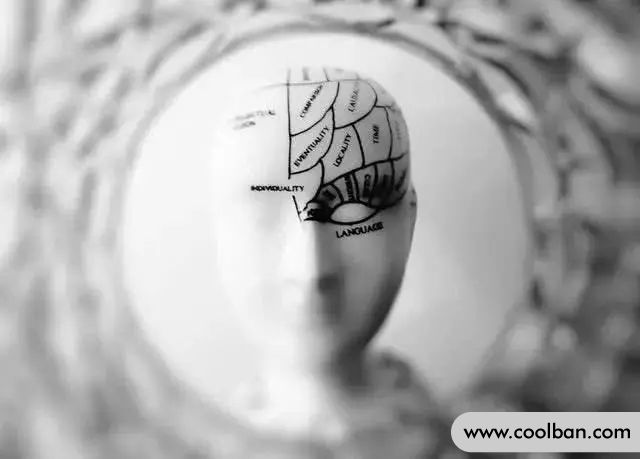What are the mental illnesses that arise?
When many people talk about mental illness, the first thing that comes to mind is neuropathy, schizophrenia, and depression. There are many types of mental illnesses. Among them, mental illnesses that directly reflect on the mind are the most common. Let’s take a look at the common ones. 11 mental illnesses.
Mental illness 1. Neurosis: Lack of communication with one's own heart. They are very egoistic and subjective in their lives. They often live in the shadow of various fears. The lack of a sense of security, and the pursuit of a sense of security, makes the whole body in a state of tension, which is a kind of dysfunction.
Mental illness 2. Hypochondria, neurasthenia, phobia (fear of cancer, fear of AIDS): Excessive attention to oneself, sensitivity, personality, living environment, unexpected events and cognitive biases, etc. caused by a combination of factors.
Mental illness 3. Anxiety disorder: Suppressing one's aggressiveness, withdrawing, avoiding responsibility, unwilling to take responsibility, because a positive life will bring fault and responsibility, fear of death but unable to grasp the situation of life, take responsibility Responsibility, but gave up all his ways of venting, and finally turned to attack himself. It is caused by the combined factors of character and life. Everyone has to live a real life and learn to be content.

Mental illness 4. Social phobia: The result of lack of self-confidence, high demands and biased perception of the objective world. In some cases, there may be some immediate incentives to focus too much on the ego and pursue ideal interpersonal relationships.
Mental illness 5. Sensitivity to interpersonal relationships: Be sensitive to what you are afraid of, and then resist things that may hurt you. Resistance is to not let the other person in. People who are sensitive to interpersonal relationships want interpersonal relationships to be the simplest and purest, their suppressed emotions need to be released, and there is fear deep in their hearts. Sensitive people must learn to master the interpersonal relationships around them, accept the so-called "enemy", reconcile with it, and learn to love the "enemy". Patients may be accompanied by some paranoid personality disorder.
Mental Illness 6. Schizophrenia: Every external event experienced by the patient is a projection of an inner shadow. The patient's psychological behavior is forced to manifest as a neglected shadow in his life, suppressing his emotional expression in the most extreme way. There are many causes of schizophrenia, both genetic and life experience. The medical community has not yet reached a consensus. There are four common types of schizophrenia, juvenile, paranoid, catatonic, and simplex, characterized by a loss of insight, and the main treatment is through long-term medication.

Mental Illness 7. Depression: A marked and persistent mood disorder. There are various explanations for its etiology, such as various events in life, genetic characteristics, physiological damage to the brain, childhood trauma, negative emotions, etc. Long-term accumulation, the United States has made major breakthroughs in depression research. Current treatment methods mainly rely on a combination of drug therapy and psychotherapy. The international advanced drug treatment method combines several courses of treatment and several drugs, and 2/3 of the sample patients can get great improvement.
Mental illness 8. Insomnia: Most insomnia is psychological and emotional. Insomnia patients can't let go of the subconscious, lack of trust, long-term emotional tension in life, fear, distrust of life performance, and anxiety caused by excessive life pressure, neurasthenia, hypochondriasis and other prominent manifestations.
Mental illness 9. Drowsiness: Inner resistance to real life, unable to get up in the morning due to fear of facing reality, escaping the challenges and responsibilities of life, unwilling to take the initiative to do things, avoiding sobriety.

Mental Illness 10. Addiction: Running away from things in life, longing for something, but stopping the pursuit too early, staying at the current level of the alternative, getting lost in the goal of the alternative, never getting tired, refusing to admit it The current goal is wrong. The real goal needs to continue to be pursued. It is deep in fear, laziness and fantasy. It is to fill the emptiness and confusion with foreign objects.
Mental illness 11. Alcoholism: Avoid real conflicts and problems in life, use alcohol to get the illusion of all good, create the illusion of intimacy between people, no real depth and intimacy, therapy needed Drugs that make patients feel disgusted by the smell of alcohol, with the purpose of quitting alcohol.
